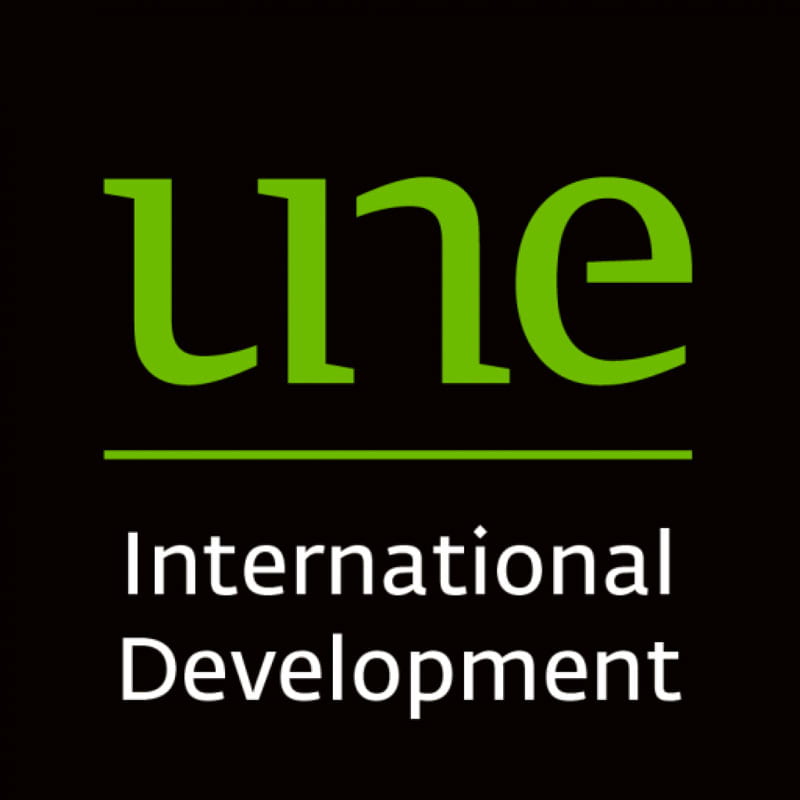In celebrating International Women’s Day this week, meet Plant Pathologist Researcher Quynh Dang of the Vietnamese Academy of Forest Sciences. Quynh is currently a fellow of the Australian Centre for International Agricultural Research (ACIAR) supported John Dillon Fellowship. Growing up in the mountainous area of the central-Northern province of Yen Bai, where forestry and farming are the primary industries, Quynh was drawn to science from a young age as a vehicle to change her life and make a difference.
Speaking on her 15 years of experience, Quynh shares,
“Apart from my fascination in plant pathology itself, my job has enabled me to travel to many parts of Vietnam while enjoying trips into the forest. Also, it has taken me overseas to Australia, Germany, and China where I had opportunities to participate in the International Union of Forest Research Organizations (IUFRO) conferences and join the Asia Pacific Pest Network. Approaching and learning from other scientists helps me improve my knowledge and confidence in my research field. Working to find new fungal species for research, I hope I will make more contributions to the country’s scientific initiatives in the future.”
Her current project as part of the fellowship; ‘Sustainable Management of Cinnamon Production’ is focused on cinnamon farmers in remote areas of Vietnam, assisting farmers to identify pests and diseases to help them improve yields and produce high-quality organic cinnamon production.

‘In the bare land under the cinnamon trees in the forest farmers often intercrop with cassava. This creates favourable conditions for diseases from agriculture plants to spread cinnamon.’
Explaining the immediate need for this project Qunyh says,
“While working in cinnamon plantations and nurseries, I noticed many farmers had problems identifying diseases present, and also using the correct pesticides or fungicide in an appropriate manner. The excessive use of pesticides in the nursery stage, or the wrong identification of pests and diseases, leads to failure to control the disease, and improper use of these chemicals affects people’s health, pollutes the environment, and wastes money.
I want to help them recognise the diseases present, and to understand which control measures, particularly biological control measures, they can use to effectively manage pests and diseases without impacting their health and with minimal environmental impact. Many are keen to produce high quality organic cinnamon and will need to change their diseases control measures to-do so.”

‘Conducting an experiment on use of endogenous microorganisms in the control of cinnamon disease in the glasshouse.’
The Vietnam Cohort of the John Dillon Fellowship includes 19 agricultural researchers, scientists and institutional managers chosen to expand their management and leadership skills through training, workshops and the fulfillment of a supported project aimed at addressing COVID-19 related issues within their existing research fields in Vietnam.
“Participating in the JDF program is giving me the opportunity me to publish a handbook on cinnamon pests and appropriate control recommendations written for farmers. Besides, it will give me the opportunity to reach out to farmers and plantation managers through conducting training courses on using the book to improve people’s understanding of identifying major pests and diseases with the appropriate control measures.
The JDF program helps me be more confident and robust in my study and research process, especially in the circumstances COVID-19 has brought across the world. Moreover, gender equality in this program helps me realize that women can do everything and let me create the best version of myself.”
Lead Trainer for the fellowship, Dr. Rebecca Spence of the University of New England’s International Development Group shares, “The fact that the workshop is coinciding with IWD, and that our JDF female fellows are leading teams and projects demonstrates how when you invest in women you get results”

(Left) Showing a local official, a cinnamon tree grown in a home garden which has Witches’ broom disease.
(Right) Cinnamon harvest. At the time of year when it is easy to peel, branches are cut, and bark is stripped from them. Wood is be used to make household items, stakes or firewood, leaves and small branches used to extract essential oils. After harvesting, the bark is dried or dried to make cinnamon products.
International Women’s Day is a global observance that celebrates the social economic, cultural and political achievements of women and marks a call to action for the equality of women in society. #IWD2022
The John Dillon Fellowship is an ACIAR supported fellowship delivered by the International Development Group at the University of New England.

